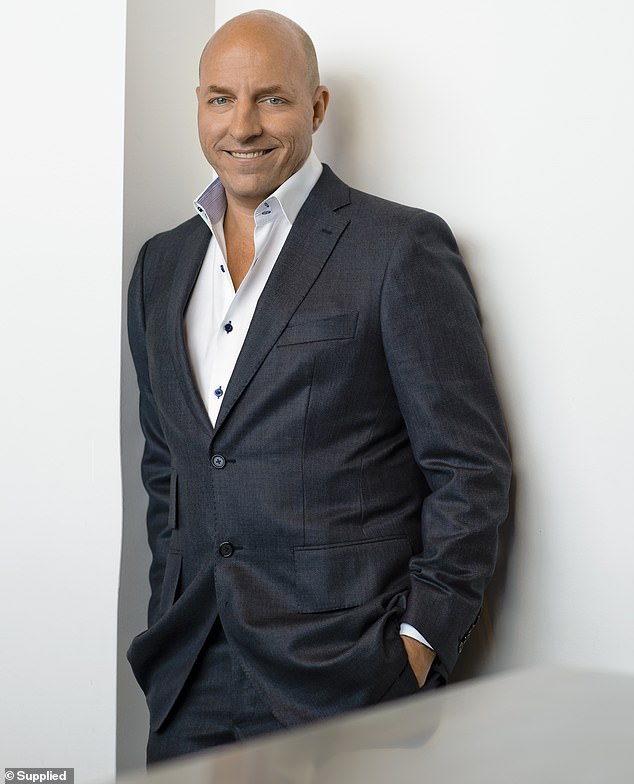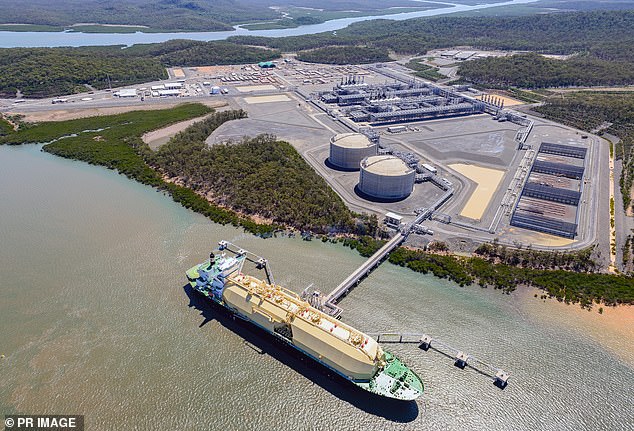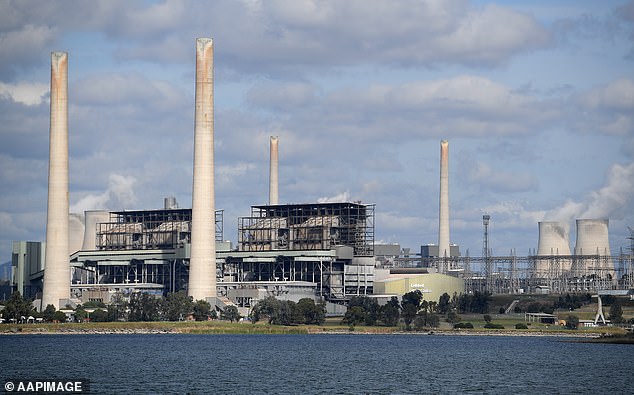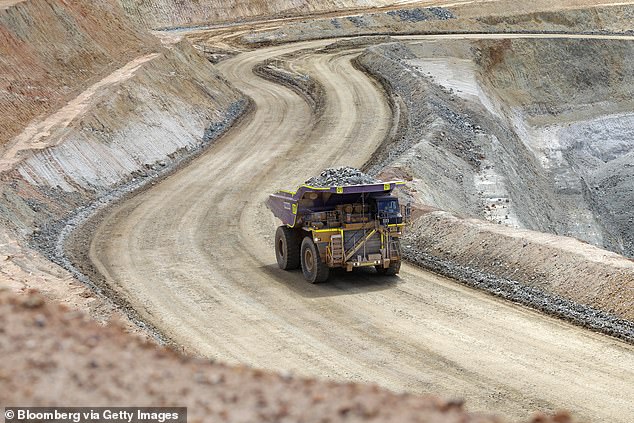Massive cuts to immigration and a switch to nuclear energy are the key to reviving Australia’s ailing economy, which is on par with Equatorial Guinea’s, according to a leading entrepreneur.
Matt Barrie, CEO of outsourcing marketplace Freelancer, said Australia should be the richest country in the world on paper, but is nowhere near that.
He said a succession of governments have managed the economy so poorly that most people are barely scraping by financially, despite having some of the highest wages in the world.
Stratospheric real estate prices – driven by record immigration levels – leave most people with little money left at the end of the month after huge mortgage or rent payments, compounded by rising grocery and utility costs.
The gutting of the manufacturing sector has left Australia almost entirely dependent on primary industry to generate income, yet much of what we produce is exported, leaving Australians paying irrationally high prices for electricity and food.
“Our economy is comparable in sophistication and complexity to Equatorial Guinea, where they don’t have a movie theater in the entire country,” Barrie said.
The entrepreneur said Australia must wean itself from the migration pyramid scheme that is causing a per capita recession and use our abundant energy resources to cut business-crushing energy bills and drive investment.
He said on the latest episode of the EquityMates podcast: ‘You would think a country with 1,200 years of coal supply would be an energy superpower.
‘You would think that a country with 28 percent of the world’s uranium reserves would be an energy superpower. You would think that a country with 20 percent of the world’s gas exports would be an energy superpower,” the Stanford graduate said.
‘You would think that a country with 47 percent of the world’s lithium production, [that] is sixth in the world for copper production, fifth in the world for nickel production – you would think it would be an electronic and engineering superpower.”
He pointed out that Australia, with 56 percent of the world’s iron ore exports, could make its own steel and export it around the world rather than selling the ingredients for a fraction of the price to places with much lower manufacturing wages .
“We should be the richest country in the world, period.”

Freelancer CEO Matt Barrie said Australia “should be the richest country in the world” because of our vast mining resources
“Instead we have the greatest erosion of prosperity in the developed world, a cost of living crisis, we have house prices that are astronomically expensive, it doesn’t make sense.”
Mr Barrie said Australia, with just 3.46 people per square kilometre, should have some of the cheapest land and housing in the world, yet is close to the world’s most expensive.
“The root cause of the cost of living is the cost of land and the root cause of this is immigration. We have the most expensive informal wages in the world, but again, it is not enough to live on because people need a place to live.”
He said Australia’s energy crisis is based on the hypocrisy of ending local reliance on ‘dirty’ coal in the name of climate change, while at the same time giving more and more to Asian trading partners.
“We’re simply going in that direction of ‘well, what about the environment, we can’t burn coal,’” Mr Barrie said.
“No, we burn the coal, everything we dig out of the ground is burned, it’s just burned by China or Japan.
‘The gas that we send abroad is in many cases re-exported. We send it to Japan and they sell it on.”


About 80 percent of the natural gas produced in Australia is liquefied for use in Asian countries (photo Origin Energy’s Australia Pacific liquefied natural gas facility on Curtis Island in northern Queensland)


Australians paid record high prices for gas in 2022, despite having an abundant supply of the resource. Prices have fallen slightly over the past two years (stock image)
Mr Barrie claimed the solution was simple.
‘We need to get production going again in this country. To do that you have to solve the energy problem. We must make nuclear energy legal.’
“I believe that immigration should be reduced by 90 percent, the skilled migration program is incompetent.
“You need every person in this country to be able to afford a house over their head.” To not be a renter or stuck in a treadmill mortgage.”
He also proposed that international students would have to pay a $50,000 “infrastructure fee” before being allowed into the country.


Coal-fired power stations in Australia are gradually being replaced by renewable energy


Demand for iron ore from China is expected to decline in the coming years, impacting the Australian economy (the Mount Holland mine in Southern Cross, Western Australia).
He said many politicians were exacerbating the problems Australia faced.
“Politicians don’t really know how to grow the economy and industry, or how to do anything other than extract raw materials from the ground to ship abroad,” he said.
‘Both the Liberal and Labor parties are pursuing a program of easy, ruthless growth.
“So as long as house prices rise gently and as long as wages are gently suppressed, businesses are happy and citizens are happy.
‘That has been going on for some time, but it is only made possible by a very large immigration program.
“So we bring people into the country, which depresses wages, and then those people need housing.”
He said under the current Albanian government, immigration has gone through the roof, importing the equivalent of the population of Canberra and Darwin every year.
‘How can we ever build a Canberra and a Darwin a year? It’s not just houses that you have to build. You have to build the infrastructure; you have to build hospitals and schools, roads and transportation.
“It’s the state governments that are footing the bill for that, and they’ve been busy building. It essentially drives the states to the point of bankruptcy.”



